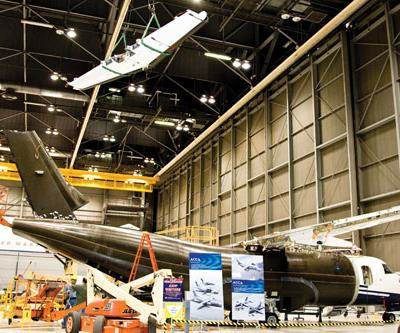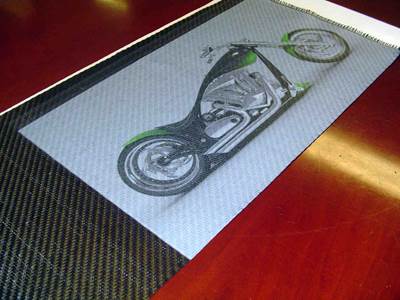Curing
Cathedral art: Fiberglass molds shape unfinished masterpiece
The builders of Sagrada Família Cathedral, one of architecture’s exceptional marvels, use fiberglass molds to realize architect Antoni Gaudí's unfinished masterpiece.
Read MoreAn out-of-autoclave progress report
CW Conferences director Scott Stephenson recalls Dale Brosius’ update on Quickstep’s out-of-autoclave work for the F-35 program.
Read MoreMicrowave: An alternative to the autoclave?
Aerospace composites manufacturer GKN evaluates microwave oven practicality and cost-effectiveness.
Read MorePerformance requirements: CAI vs. OHC
John Russell, who manages nonautoclave research programs for the Air Force Research Laboratory (AFRL, Wright-Patterson AFB, Ohio), recently threw down the gauntlet at the Fall SAMPE conference in Salt Lake City, Utah: “Give us a 25 percent improvement in notch properties with no microcracking in high-modulus fibers.” While OOA prepreg suppliers can’t do much about fiber microcracking, Advanced Composites Group (ACG, Tulsa, Okla.) already has announced that its XMTM47 material will be commercial by next year, designed for 120°C/248°F service with the increased notched performance requested.
Read MoreOut-of-autoclave prepregs: Hype or revolution?
Oven-cured, vacuum-bagged prepregs show promise in production primary structures.
Read MoreNew filament to make composites "smart"
CW Conferences director Scott Stephenson premiers a showcase for new ideas overheard at CW Conferences.
Read MoreBuilding on CCM lessons learned
Knowledge gained during NASA's composite crew module (CCM) program, a sidelight to the Orion space capsule program, now benefits private space efforts.
Read MoreA400M cargo door: Out of the autoclave
This structural military airframe part is the largest made to date via the vacuum-assisted resin infusion process.
Read MoreVery Light Jets Creating A Demand For Composites
"Baby" jets are causing an aviation buzz but will the market exist?
Read MoreIn-mold alternatives to postmold decoration
CT reviews viable, versatile technologies that reduce the time and cost of finishing composite parts.
Read More















